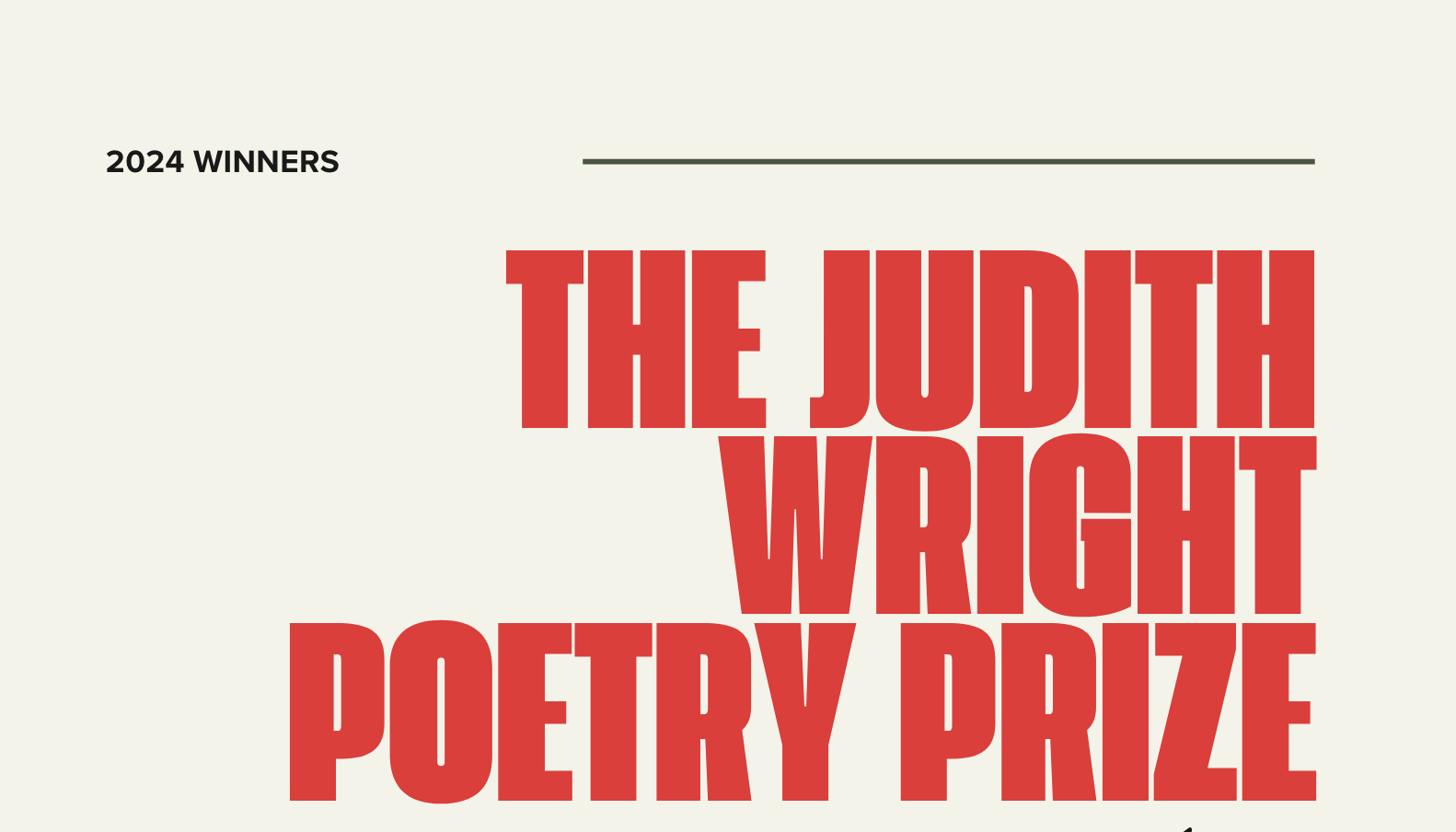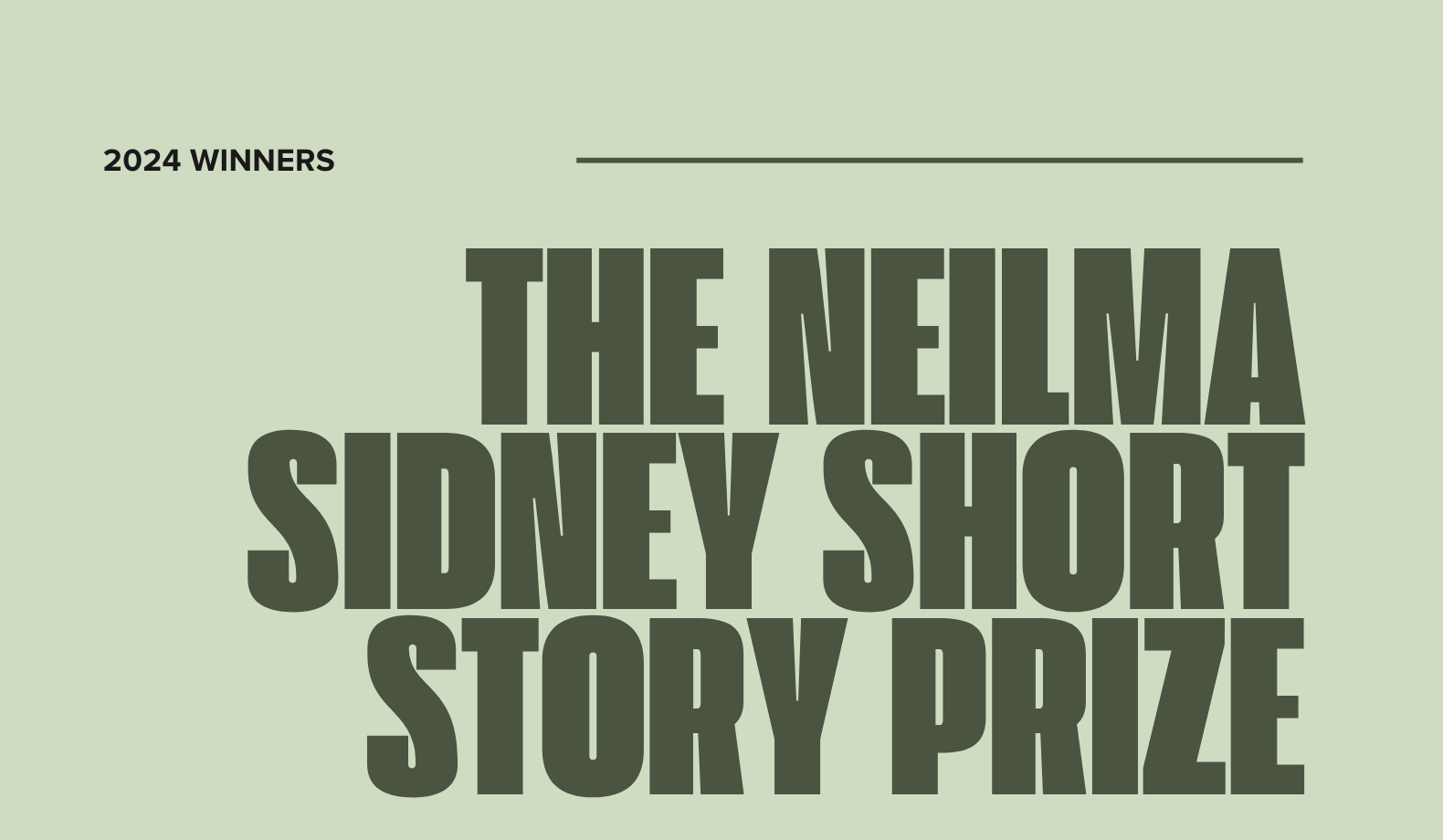One editor
There’s a lot to be said about fiction that broadens our view and gives us new insights. Stories that challenge our perceptions and expand our comprehension of the world. We need new voices and unconventional narratives to guard against rigidity. Plots that are distinct and lucid and sometimes boiling hot.
A second editor
Working on this collective fiction edition was a real treat: not only has the writing itself been stellar, but the chance for us Overland fiction readers to share and discuss and edit together has been a gift. The breadth of stories we’ve worked with have shown a diversity of voice and experience that is exciting to read. In Laura Elizabeth Woollett’s story ‘Hati-Hati’, for example, the use of haunting melancholy and gaps in memory make the lonesome protagonist’s vulnerability frightening and electric – the reader feels her toxic disconnection from the safe and familiar.
A different editor
Agreed – it was a thrill to showcase fresh voices in this collective fiction edition, with several new writers showing tremendous talent in their submissions. ‘Bridge’, by Georgia Angus, is a perfect example of how the short story can achieve so much in so few words – hitting the reader with a heart-sinking wave of emotion in that final line. I look forward to seeing what these writers come up with next.
Another editor
It was edifying and comforting to work together with other fiction readers to edit this collection. I read the stories and comments and felt that I was part of the group, in step with my fellow readers. I particularly enjoyed reading the breadth of topics and writing styles. What I liked about John Charalambous’ story ‘Oh Carol’ was how he delicately captured the tension and dilemmas of the housed versus the homeless – our possessiveness over our quarter-acre block, safety concerns for elderly residents, where the love of animals is redirected and the self-delusion of people who think they are charitable.
An additional editor
I loved Katerina Gibson’s ‘Constellation in the left eye’, where a young refugee presses eyes into heads – standard or custom eyes in humanoid heads with gaping mouths that will be attached to necks, bodies, genitals. The story is a lesson in Hemingway’s ‘iceberg’ theory: Gibson tells so much of Jenny’s life and the world around them with so little backstory. She crafts a dystopian world that is all too real, and reflects many of the issues we face today back at us. These are images that will not soon leave me, and for me, that is precisely the point of fiction.
Another editor, this one from Aotearoa New Zealand
Sitting down to think of an editorial, the 15th of March still looms large over Christchurch and my mind mostly lingers on how special forums like Overland are and how crucial the task of selection. For example, Anne Hotta’s ‘Child of Summer’ traces a father’s journey through grief in the aftermath of disaster, layering the before-and-after worlds of personal and collective loss.
For me, the diversity of opinion among this collective of Overland readers shows how robustly the reading process is working – I think we all know what Overland is for and what it’s about, but we’re ultimately uncalibrated and isn’t that wonderful?
 Read the rest of 234.5: an autumn fiction edition with 16 editors!
Read the rest of 234.5: an autumn fiction edition with 16 editors!
If you enjoyed this special edition, subscribe and receive a year’s worth of print issues, the online magazine, special editions and discounted entry to our literary competitions



